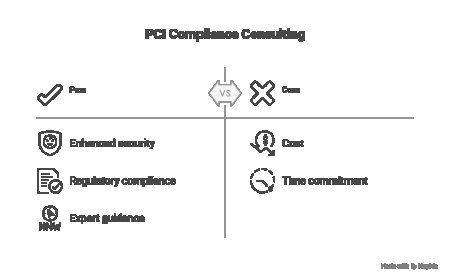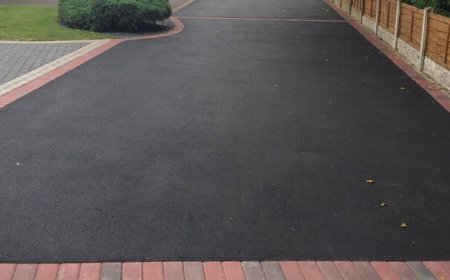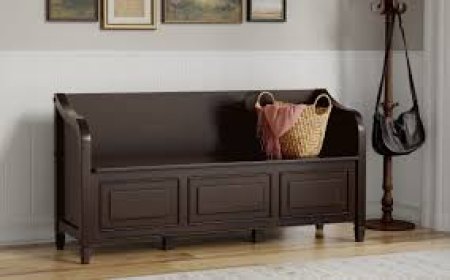Buy to Let vs Residential Mortgage: What’s the Difference and Which Is Right for You?
Get expert buy to let mortgage advice from FCA-regulated brokers in Birmingham. Tailored solutions for landlords and property investors. Speak to us today!

If you're looking to purchase a property in the UK, one of the most important decisions you'll face is choosing the right type of mortgage. For those buying a home to live in, a residential mortgage is the go-to option. But if you're investing in property to rent out, a buy-to-let mortgage may be more appropriate.
Understanding the key differences between these two types of mortgages is essential to making the right financial decision. This article will explore buy to let vs residential mortgage their definitions, purposes, requirements, and pros and consso you can confidently choose the one that suits your needs.
What Is a Residential Mortgage?
A residential mortgage is a loan taken out to purchase a home that you or your family intend to live in. These are the most common mortgages and are typically offered with fixed, tracker, or variable interest rates over terms ranging from 15 to 35 years.
Key Features:
-
Owner-occupier use: You must live in the property.
-
Lower deposit requirements: Typically from 5% (with government schemes).
-
Affordability based on income: Lenders assess your salary, expenses, credit history, and existing debt.
-
FCA regulated: Heavily monitored to protect consumers.
What Is a Buy-to-Let Mortgage?
A buy-to-let mortgage is designed for people who want to purchase a property to rent out to tenants. These mortgages are commonly used by landlords, whether they're individuals or part of a limited company.
Key Features:
-
Rental income focused: Lenders assess potential rental yield rather than your salary alone.
-
Higher deposit requirements: Often at least 2025%.
-
Interest-only options: Many buy-to-let mortgages are interest-only, lowering monthly payments.
-
Limited regulation: Less consumer protection compared to residential mortgages.
Key Differences Between Buy-to-Let and Residential Mortgages
| Feature | Residential Mortgage | Buy-to-Let Mortgage |
|---|---|---|
| Purpose | Owner-occupied living | Renting to tenants |
| Deposit | As low as 510% | Typically 2025% |
| Interest Rates | Usually lower | Typically higher |
| Regulation | Fully FCA regulated | Limited FCA regulation |
| Affordability Check | Based on personal income | Based on projected rental income |
| Tax Treatment | Mortgage interest not tax-deductible | Partial relief under Section 24 |
| Repayment Type | Usually capital and interest | Often interest-only |
Can You Live in a Buy-to-Let Property?
No. You cannot live in a property bought with a buy-to-let mortgage unless you get permission from your lender and change the mortgage type to residential. Doing so without informing your lender could breach the mortgage contract and trigger penalties or foreclosure.
Can You Rent Out a Property with a Residential Mortgage?
Only under certain conditions. If you originally took out a residential mortgage but wish to rent the property, you must request consent to let from your lender. Alternatively, you can switch to a buy-to-let mortgage. Renting without permission could lead to serious legal and financial consequences.
Pros and Cons of a Buy-to-Let Mortgage
Pros:
-
Potential for steady rental income
-
Long-term capital appreciation
-
Interest-only options lower monthly costs
-
Growing demand for rental properties
Cons:
-
Higher deposit and interest rates
-
Tax restrictions on mortgage interest relief
-
Property market risks
-
Void periods (no tenants = no income)
Pros and Cons of a Residential Mortgage
Pros:
-
Lower deposit and better rates
-
Full ownership after repayment
-
Stability for personal or family use
-
FCA protection for consumers
Cons:
-
No rental income generated
-
Full responsibility for maintenance and costs
-
Limited tax benefits
-
Higher monthly payments if capital and interest
Which Is Right for You?
It depends on your goals:
-
If you're buying a home for yourself or your family, a residential mortgage is the right option.
-
If you're looking to invest in property for rental income, then a buy-to-let mortgage is more suitable.
Make sure to consult with a qualified mortgage broker to assess your financial situation, understand tax implications, and compare deals across the market.
What Happens If You Choose the Wrong Type?
Using the wrong mortgage for your situation can lead to:
-
Breach of mortgage terms
-
Hefty penalties or foreclosure
-
Void insurance policies
-
Legal action from your lender
Its essential to be transparent about your propertys intended use from the outset.
FAQs About Buy to Let vs Residential Mortgage
1. Can I change a residential mortgage to buy-to-let?
Yes. You can switch by remortgaging to a buy-to-let product. Lenders will reassess the property value, potential rental income, and your finances.
2. Do buy-to-let mortgages require proof of income?
Yes, but the primary focus is on projected rental income. Some lenders still require a minimum personal income, typically around 25,000 per year.
3. Is a buy-to-let mortgage interest-only or repayment?
Most are interest-only, allowing you to pay just the interest each month. You repay the full loan when you sell or at the end of the term. However, repayment options are available.
4. Do I pay more stamp duty on a buy-to-let property?
Yes. Buy-to-let purchases usually incur a 3% stamp duty surcharge on top of standard rates.
5. Can first-time buyers get a buy-to-let mortgage?
It's possible but rare. Lenders often require property ownership experience. Some may approve it if you have strong income and savings.
6. Can I have both types of mortgages?
Yes. Many landlords own a home with a residential mortgage and invest in rental properties with buy-to-let mortgages.
Buy to Let Mortgage Get Expert Advice Today
Whether you're a first-time landlord or expanding your property portfolio, securing the right buy to let mortgage is crucial to your investment success. At Ape Finance, we specialise in finding tailored buy to let mortgage solutions that align with your goals, budget, and long-term plans.
Our FCA-regulated advisers offer clear, jargon-free guidance and access to competitive deals from a wide range of lenders. We take the hassle out of the mortgage process, supporting you from initial consultation through to completion.
Ready to make your property investment work harder for you?
Speak to our expert team today for free buy to let mortgage advice in Birmingham and across the UK.


































